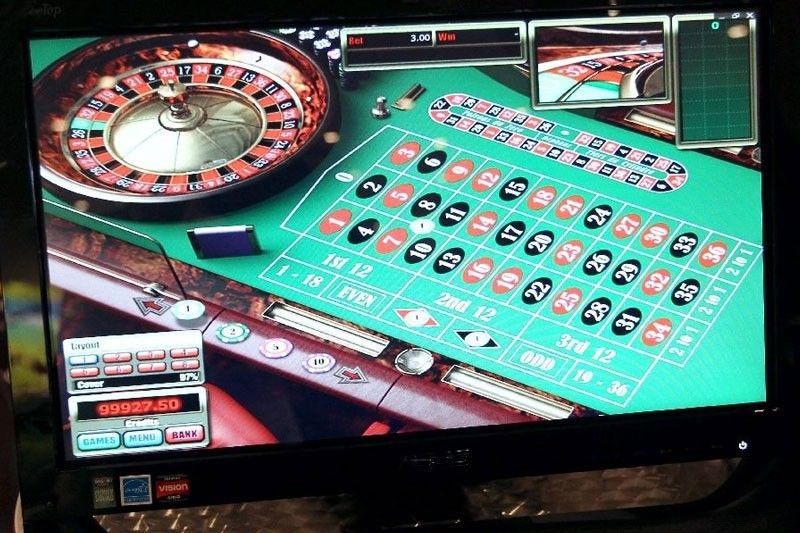Mass deportation looms for Chinese POGO workers

MANILA, Philippines — A mass deportation of Chinese nationals working in Philippine offshore gaming operator (POGO) firms is shaping up as China’s crackdown on telecommunications-related crimes entails the cancellation of their passports, the Bureau of Immigration (BI) said yesterday.
The BI said it would verify with the Chinese embassy if their government had indeed cancelled the passports of thousands of their citizens employed in POGOs due to alleged involvement in telecommunications fraud.
“This could lead to mass deportation,” BI spokesperson Dana Sandoval said.
Over the weekend, the Chinese embassy in Manila revealed that China had obtained a list of Chinese nationals working for POGOs in order to crack down on telecommunications fraud and crimes including online gambling and kidnapping.
Sandoval explained that aliens holding permits to work in the country are considered undocumented once their passports are cancelled by their government.
The Chinese embassy must inform the BI if its government has cancelled the passports of any of their nationals.
Since the BI has not yet received official communication from the Chinese embassy on this matter, Sandoval said the bureau would take the initiative to inquire with the embassy.
If the Chinese government already cancelled the passports of any of their citizens in the Philippines and this list is officially given to the BI, then the bureau would check its records and seek the help of other agencies in locating these undocumented aliens for deportation.
“We would ask for a list of names. That is what we have been doing in the past,” said Sandoval. “They give us a list of their nationals whose passports have been cancelled so we could implement the deportation.”
She said it would be easy for the BI to locate them because their addresses – both of residence and workplace – have been declared in the forms they filled up when they applied for working visas.
If China indeed cancelled the passports of thousands of its citizens in the Philippines, the BI will have to seek the help of the Philippine National Police (PNP) or the National Bureau of Investigation (NBI) to go after them.
Sandoval said it would not be the first time for the bureau to implement a mass deportation of foreigners.
Last year, BI deported close to 300 Chinese nationals who were illegally working in the country.
Hunt down Chinese criminals – senator
Sen. Sherwin Gatchalian called on the BI, NBI and PNP to hunt down Chinese criminal syndicates in the country’s POGO industry.
“The PNP, NBI and the BI need to step up their efforts in hunting down these syndicates who are not only into kidnapping activities but at the same time have been operating prostitution dens and many forms of human trafficking. They should go to jail,” Gatchalian said.
He proposed the creation of an inter-agency task force composed of the PNP, NBI and BI, as well as the National Prosecution Service (NPS) that will unify, synchronize and optimize efforts and resources in the handling, investigation and prosecution of kidnapping and human trafficking cases in the country.
He said tighter border security should be done in close coordination among the Philippine Coast Guard, the Philippine Navy and the PNP Maritime Group to prevent the entry of undocumented foreigners, especially those with criminal backgrounds.
The Senate labor committee cited media reports that 634 Chinese fugitives linked to several POGO firms were arrested from September 2019 to January 2020.
Most of them were involved in various forms of investment scams, 14 into online phishing and one led a criminal syndicate.
The report also showed that the number of prostitution dens ballooned in the same period, with 77 Chinese women arrested and 241 others – a mix of Chinese, Taiwanese and Filipinos – rescued.
Meanwhile, data from the PNP Anti-Kidnapping Group showed that the number of abduction cases involving Chinese nationals rose by 71 percent to 58 cases in 2019 from 34 cases in 2018. – With Cecille Suerte Felipe
- Latest
- Trending































